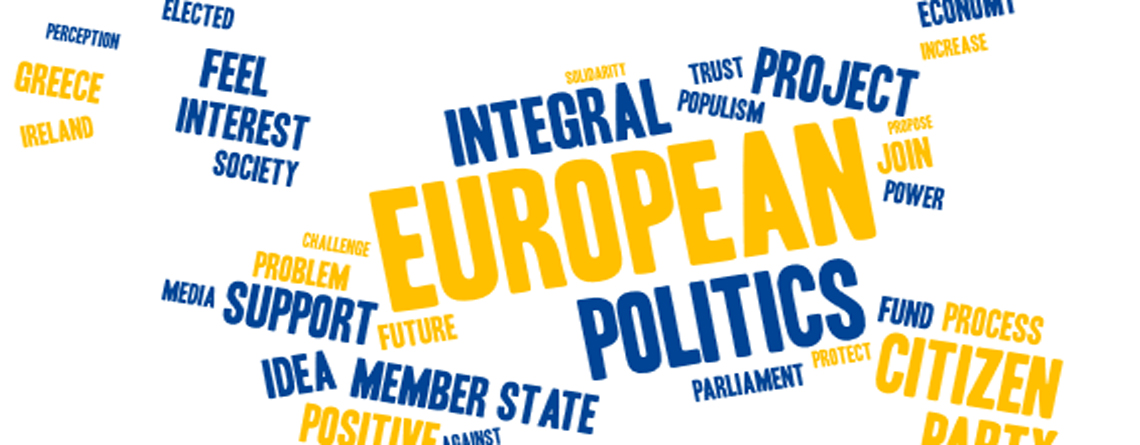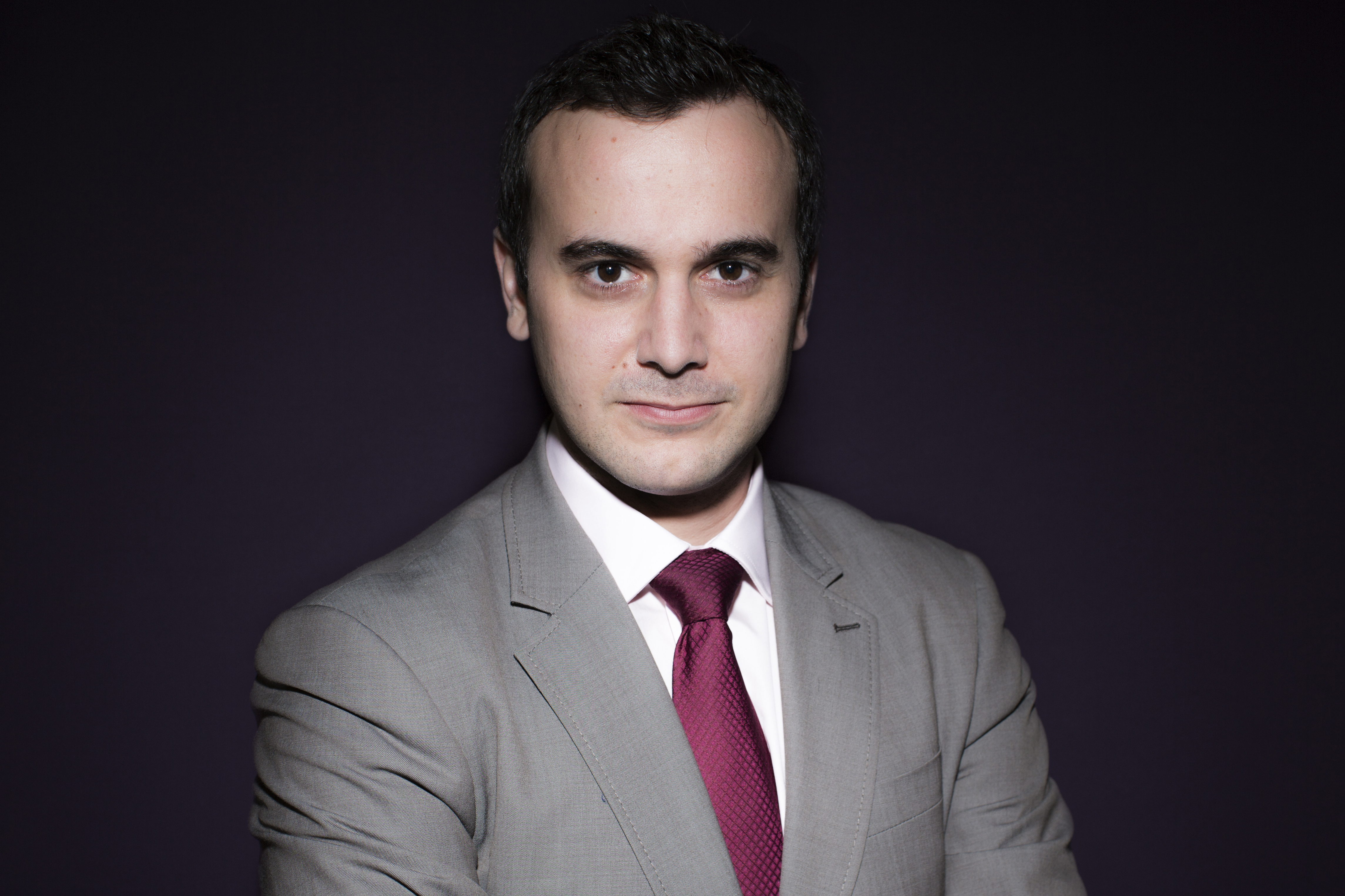The European Union in the Fog: Building Bridges between National Perspectives on the European Union
The Building Bridges project looks at the national perspectives on the European Union. This publication gathers contributions from across the EU. It sheds light on Member States’ motivations to participate in the EU and views on its future. Accessible and analytical, this volume is an ideal reference guide for practitioners, experts, students and European citizens.

This publication gathers articles from all across the Member States. Each chapter follows the same structure answering five questions: “What does your country hope to gain from its membership to the European Union?”, “Do you think that the European Union appears to be a clear project in your country? If not, what are the main reasons?”, “Which degree of integration seems adequate to the position and ambitions of your country both politically and economically?”, “According to you, how could we strengthen the idea of belonging to a common European public sphere among your national citizens?”, and “Which policies would you deem essential to conduct at the EU level in order to better legitimise the European project?”. It enables an easier comparative reading. The papers aim to provide a solid analysis on each of the 28 Member States in a way that is accessible to the wider public.
One of the initial objectives was to see whether one or two main political initiatives could emerge at the European level, which might refresh the EU’s image and credibility in the eyes of the citizens. The short answer is: none could instinctively revitalise the EU across all Member States.
However, three main trends have emerged across the chapters:
- First, the EU is expected to show results. Instead of grand projects, which can hypothetically federate the Europeans, the EU should focus on delivering on concrete projects. In other words, it should be “an EU of projects”.
- The second main trend is more specific to the Eurozone countries. Solving the economic crisis is a priority. There is broad support for a more robust Economic and Monetary Union, but the recipes to reach this stage may be different between those who wish for more flexibility and those who argue that rules should prevail.
- The third worthwhile trend to mention is the importance given to foreign policy. Many contributions stress that there is an expectation that the EU should play a greater role in foreign and security policy.
Several chapters also talk of the EU’s social dimension and the need to do more in that field, but it remains relatively marginal. Migration was obviously an issue that was dealt with several times, but it is difficult to know whether the mentions reflect the context in which the project took place or a possible make-or-break issue for the EU. Needless to say though that dealing with the refugee crisis is a matter of primary importance.
Overall, the contributions emphasise an overwhelming sentiment across Europe: criticism against the EU is more widespread and ingrained in mainstream political debates. However, it would be disingenuous not to mention that the EU retains a general positive view in some other Member States.
An overwhelming element has surfaced in the discussions with local citizens and in the contributions to create a greater European public sphere: the EU should be more talked about. Two aspects are often mentioned: the role of education and the role of the media. None of the two strands would offer quick fixes, but they raise the importance of starting now to reap the benefits later. A failure to act on this front could be detrimental in the future.
The chapters do not pave the way for a grand strategy and may give the impression that the EU’s political dimension has weakened. Perhaps it has, but it seems unpalatable to have lofty discussions on the future of the EU without addressing seriously and steadily the crises at play today. This does not mean that the two are mutually exclusive, but whatever happens at the European level should be justified on the basis that it would improve the EU, the Member States’ trajectory and citizens’ lives. A failure to bridge today’s concerns with plans for tomorrow could be disastrous for the European Union.
To download the articles, click here. To download the full report, click below.
Download the full analysis
This page contains only a summary of our work. If you would like to have access to all the information from our research on the subject, you can download the full version in PDF format.
The European Union in the Fog: Building Bridges between National Perspectives on the European Union








